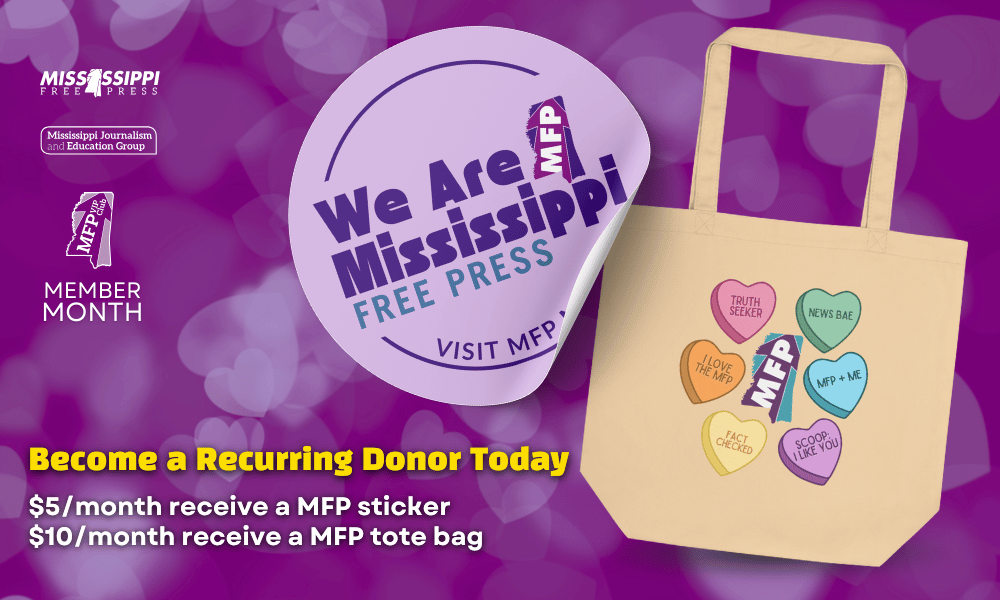In January 2023, Gov. Ron DeSantis of Florida argued against an advanced-placement course in African American studies, warning that such material acted as a trojan horse for indoctrinating students into “left-wing” ideology.
The statement infuriated me, but once I settled, I had to agree with him.
In fact, such a thing had happened to me. I was raised a racist child in the 1960s in Laurel, Miss., and it was those very trojan horses that finally slipped through my generations-old wall of white supremacy and turned me into what DeSantis would call a left-wing ideologue.

When I was 19, I was recruited to sell the first edition of Ebony Pictorial History of Black America door-to-door in African American neighborhoods to pay my way through college. This collection was the first set of Black history books that a Black author wrote for a mainstream Black market. Clarksdale, Miss., native, social historian and former Ebony magazine executive editor Lerone Bennett Jr. penned the books along with Ebony co-editors. Nobody had seen anything like it, so they should sell well I thought.
But I had never stepped foot in a Black person’s home before and was pretty sure they didn’t want me there. I was no civil-rights activist. I needed the money.
My True White Identity Lies Within Black History
The Southwestern Company out of Nashville, Tenn., sent me to Smithfield, N.C., in the summer of 1971 where I sat in tar-paper shacks without indoor plumbing, under shade trees, out in tobacco barns or in the brick home of the rare Black professional. This same phenomenon repeated itself as parents gathered their children to see what the “white man” had brought.
I flipped through the books, showing them pictures and telling the stories of African American heroes. And not just the usually promoted sports stars and singing acts, but Black entrepreneurs, a Supreme Court justice, an Air Force general, inventors, intellectuals, orators, militants, revolutionaries, kings and queens.
I remember the solemn weight of that unknown history as it settled upon them. The children’s eyes opened wide, the parents pulled their kids closer. Sometimes there were words of amazement, sometimes a soft laugh of recognition, but always a sense of reverence—like we were in church, and great truths were being revealed. But I couldn’t quite grasp it at first.
‘He’ll Save You, Too, If You Let Him’
Late that summer, I was demonstrating my books to an elderly Black man who wanted the set for his grandchildren. As we chatted, he proudly mentioned that he marched with Dr. Martin Luther King Jr. I asked him what that moment meant to him, hoping to firm up the sale. He told me that before marching with Dr. King, he was seen as a “boy.” But afterward, he saw himself as a man, and nothing was the same since.
I remarked condescendingly that most Black people regarded Dr. King as a savior. But before I could flip through some pictures of King in Birmingham, the man firmly corrected me: “Not just Black folks, son. He’ll save you, too, if you let him.”
He had seen through my patronizing performance and penetrated the heart of the matter. This man was revealing to me a truth that threatened my identity as a privileged white man.
The man told me that we were in this together, and we all needed saving. It wasn’t just Black history I had been selling. This was my history as well.

It was as if a curtain hiding half my soul suddenly lifted. You can’t understand Black history without reflecting on white history. We created this history together, but a void of racism has been artificially constructed between us.
I became certain that I would never understand my story, my true identity, until I understood the entire story—a story constructed of countless connections and transactions and historically obscured with blind prejudice and white supremacy.
This wise man was affirming what Gov. DeSantis said more than a half-century later when he called African American history a trojan horse. What the elderly gentleman I met knew, and what DeSantis and his ilk now fear, is that we the people, Black and white, hold the missing pieces to each other’s stories, and once our stories are told, they can change us profoundly.
Because of this “indoctrination” and the resulting transformation in my beliefs, in myself and what I considered as “other,” I guess I became DeSantis’s worse nightmare—a left-wing ideologue committed to rewriting American history. I will continue to write one novel at a time about race in my home state, doing my best to put all the shattered pieces of our mutual histories back together, on the same page.
This MFP Voices essay does not necessarily represent the views of the Mississippi Journalism and Education Group, the Mississippi Free Press, its staff or board members. To submit an opinion for the MFP Voices section, send up to 1,200 words and sources fact-checking the included information to azia@mississippifreepress.org. We welcome a wide variety of viewpoints.


